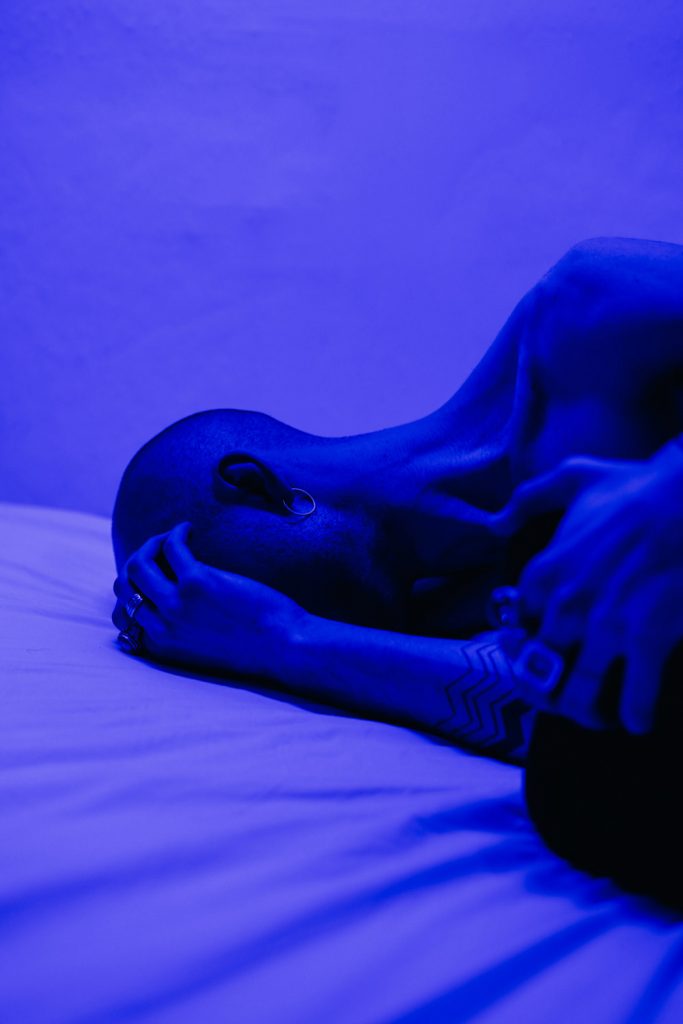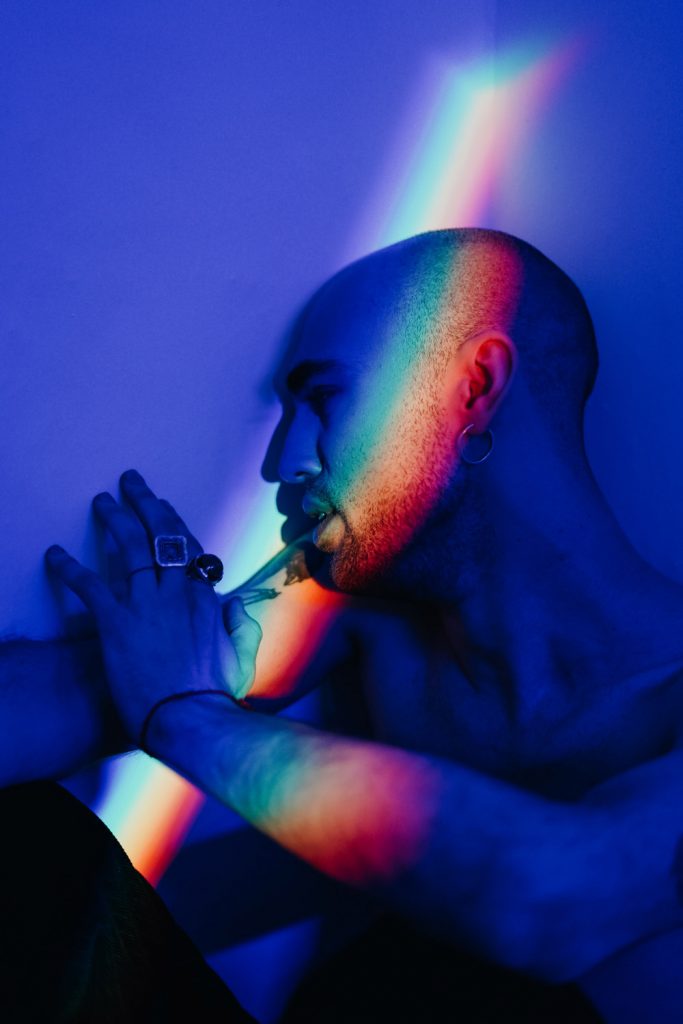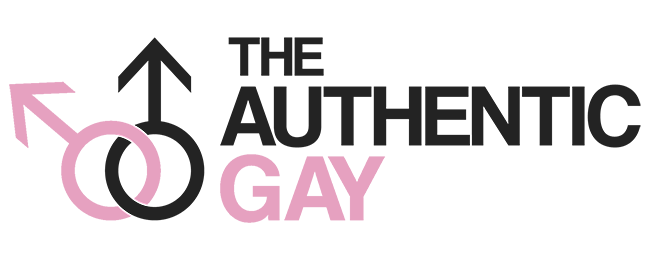Just for Attention: My Self-Harm and What I Get Out of It

Featured Writer: Kyle Getz
Note: The following article contains discussion and descriptions of self-harm and discussion of suicide, primarily suicidal ideation. This note is more than a trigger warning. After “13 Reasons Why” aired, deaths by suicide increased. The media we expose ourselves to affects us, and I don’t take that lightly. I have chosen to write about self-harm in the hopes that people like me know they are not alone. Please take care of yourself first and foremost. If you are in immediate danger, contact the National Suicide Prevention Lifeline at 1-800-273-8255.
Self-worth. Self-acceptance. Self-love.
These are the words I hear time and again from therapists, friends, and motivational Instagram accounts. Yes, they’re important. They sound great. Self-love is a wonderful idea. But I’m not there yet, and I’m not sure I’ll ever be. So, then, what currently fills the void where self-love should be?
The opposite of self-love is self-hate. Most people feel bad about themselves from time to time. Most people shame, criticize, guilt, and deride themselves occasionally. But self-hate is different. It’s more. It’s worse. It’s all-consuming. It tells me I deserve every bad thing that happens to me, and every good thing is a fluke. It’s a voice in my head that says I’m not worthwhile. A demon that tricks me into believing that its lies are the only truth.
The demon manifests itself into existence through me. It may be something innocuous, like when I turn my eyes away from a stranger because I don’t deserve acknowledgment. It could be going to a party in college on a mission to get drunk, so I could be happy and carefree for just a few hours. Or staying home and getting drunk so I can be happy and carefree for just a few hours. It’s ignoring hot guys on hookup apps because the only reason someone attractive would message the likes of me is if they’re a bot. It’s skipping friends’ parties because no one really wants me there in the first place.
It’s not all bad. Nothing is that black and white. My self-hatred, my deep-seated belief that I am innately worse than everyone else, can be productive, too. It can push me to go for a run, so I feel a little better about my body. To graduate college with two degrees and a pretty good GPA, so I have hard evidence I am successful. To start a scholarship program for the sole reason that I wanted to prove to other people, I’m a good person. The end product may be good, but the intent behind it is toxic. It’s a fruitless attempt to prove to myself I’m worthwhile.
Self-love or self-harm. It’s not a multiple-choice question. They exist on a spectrum, and where I fall within that spectrum changes week by week, day by day, second by second. I may be able to run or graduate or be productive, and it turns the dial a tiny bit towards self-love, but they are short-term solutions. They don’t address the pain underneath. The feeling that I am worthless, I have no value, and I should hate myself. I think that’s why I’m a writer. How else can I get this pain out of my head and into something tangible?
I heard about cutting for the first time when I was in high school. Soon after that, I did it. I was curious. I was experimenting. It was a one-time thing. One time and that’s it. I was not someone who self-harms. I was someone who had self-harmed, and the distinction was important to me. Except that, during my sophomore year of college, I got into a nasty fight with my maybe-boyfriend-turned-ex-boyfriend-but-we-were-both-in-the-closet-so-we-never-defined-it. My first romantic relationship with another guy and I couldn’t tell anyone about him. I couldn’t tell anyone about the break-up. I couldn’t talk about my pain. So I did it again. And then a few more times as an adult. Somewhere along the line, it went from something I did one time to something I did one more time to one more time and one more and one more. And then, it became something I sometimes did. I am someone who self-harms.
It usually happens when I’m swirling. That’s what I call it in my head: swirling. I have these thoughts, ones I’m sure everyone has, like how cringe-worthy my last human interaction was. But then I swirl. I think about how I’m always cringe-worthy in every single interaction I have. How can people stand to be around me? They must be faking it. I don’t deserve to be around them. People hate me. I hate me. I’m not worth it. I’m not worthwhile. I have no value, and there’s nothing I, or anyone else, could ever do to change it. My life is meaningless, and I don’t care if I’m alive. I don’t care if I’m alive. I am meaningless. I don’t care if I’m alive. And I swirl and swirl and swirl.
When I’m swirling, it feels impossible to get myself out. Even the idea of asking someone for help feels hopeless because I believe that no one else would care. Even if they did, I’m not important enough to care about. It’s a dangerous place because, in those moments, nothing and everything is possible. I want to claw at the walls to escape, but I don’t know-how. And even if I did, I’m not worth enough to try.
Then, there’s a blade on my arm.

The swirling stops. My feeling and attention are focused on the act. The pain. It’s not in my head anymore. The pain is real. It’s tangible. I deserve it, yes, but I can see it. I know how to treat it. In fact, it’ll heal right in front of my eyes. It gives me a twisted form of validation.
It’s dangerous to admit that it can be good. It can be helpful. Before, I couldn’t reach out to a friend for help because I couldn’t adequately express the gravity. Now, I can say I hurt myself, and they’ll immediately know it’s bad. Before, I didn’t trust myself enough to know if the pain in my head was real. Now, I can prove that it is. Before, I couldn’t get out of the swirl because I deserve to be there. Now, I’ve punished myself enough to move on from the swirl for the time being.
I assess the damage. I’ll judge myself because I did it again, but also I didn’t go deep enough or do it enough times to count. I’m even a failure at self-harm. While all of those thoughts may sound bad, my mind is focused on only that. I can swirl about this and only this. My demon has turned all its attention to one thing, which means I get to stop thinking about all of my other terrible qualities for a moment.
Logically, I know that self-harm isn’t the only option. It’s possible to turn my pain into something productive. If I want to stop swirling, I could go for a 5-minute walk outside. If I want a temporary escape from the world, I could engross myself in a book or a TV show. If I want to get the pain out of my head and into the real world, I could write an article about it. It sounds easy enough. But it’s like telling someone who’s drowning that they should breathe air. Sure, it’s true, but even the most basic of tasks, like breathing, feel impossible when you’re underwater.
I don’t do it for attention. If I did it for attention, I would wear short-sleeve t-shirts instead of hoodies and talk about it all the time. I don’t. I hide it. This is the most I’ve analyzed my self-harm. Ever. I’ve never before thought it through long enough to explain it to myself, much less write about it. It’s terrifying. It’s embarrassing. It’s painful. It’s ugly. It sucks. Yes, of course, I want attention. Who doesn’t? But self-harm isn’t how I want to get it.
People assume self-harm means I want to die. Sometimes, I feel like it would be okay if I died. That’s passive suicidal ideation, which is different than suicidal intent or behavior. They are all connected, but the differences are important to understanding the confusing, chaotic feelings in my head. I know I don’t want to die. I may not want to exist anymore, but I don’t want to die. I’m not trying to diminish the severity of self-harm, but rather understand my version of it.
While it’s not my experience, self-harm can escalate to suicidal behaviors. Young people who self-harm are 26 times more likely to die by suicide the next year. What’s worse, LGBTQ+ people may be more than twice as likely to self-harm than non-LGBTQ+ people. As a gay person, I’m not surprised. We grow up hearing there’s something wrong with us. That God doesn’t like us. That we’re gross or disgusting or perverts or deficient or a million other words, we’re called on TV, by politicians, or by people around us. Why wouldn’t we hurt ourselves? When were we taught to respect ourselves? When were we taught that our bodies have value?
Just by reading this, you are taking a positive step towards understanding. Give yourself permission to feel good about yourself for that. If you’re ready to take another step, here are a few ideas:
- Call a crisis hotline, especially if you are in immediate danger. Many hotlines also have a chat/text option if calling feels too overwhelming.
- The Trevor Project: 1-866-488-7386 (for LGBT+ youth)
- National Suicide Prevention Lifeline: 1-800-273-8255
- Find a therapist. them.com has a great guide for finding a queer therapist.
- Tell the most supportive friend or person you know, the one you trust the most. Their reaction won’t be perfect, but it’s one way to get the pain out of your head and into the real world. (If you don’t have that person yet, or if you’re not ready, there’s nothing wrong with you. Try one of the other things on the list.)
- Watch Pose on Netflix.
Note about Pose: Sure, I feel weird putting this one on the list along with the other, more official-sounding recommendations. But watching Posehas been helpful for me recently. It’s been bringing me happiness, and my happiness is worth including on this list. The fact that I can write down and stand by that statement proves that I’ve made progress. And the fact that I felt the need to preemptively justify this choice in my own article reminds me that I have room to grow.
Self-worth. Self-acceptance. Self-love.

It’s the self that’s important. I need to discover these for myself. Others can guide and support me, but it’s up to me. At the same time, we are not alone. About 17% of adolescents reported that they had engaged in self-harm. Adults engage in self-harm. I’m one example. I don’t want to be, but I am. You are not alone. You are not broken. You are flawed, and you have every right to be. That doesn’t make you any less worthwhile.
Every human is worthwhile. Every human has value. Every human deserves to love themselves. I believe those statements with all my heart. Paradoxically, I have never believed them about myself. That I, too, am worthwhile. That I have value. I deserve to love myself. That’s okay. Self-love isn’t a debutante ball. It’s not a place I’ll arrive at one day and announce to the world, “I’m finally here!” All I can do is try to move the dial towards self-love one day at a time. Some days, I feel like I’m making progress. Other days, my dial is turned all the way to self-hate. But once I started to address my self-harm head-on, I’ve averaged out closer to the side of self-love than I ever have before.
I may not trust my thoughts, but I trust logic. Every human is worthwhile, has value, and deserves to love themselves. I am human. That means I am worthwhile. I have value. I deserve to love myself.
Kyle is the co-host of Gayish, three-time nominee for Best LGBTQ Podcast. Kyle’s writing has been published in literary journals such as The James Franco Review, Arkana, and Cat on a Leash Review. More info available at kylegetz.com.
